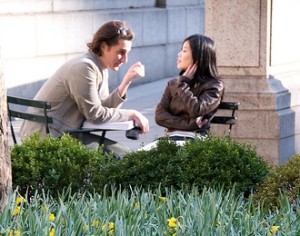 To be human is to be in relationship. We cannot survive without it. Whether you are a parent, neighbor, friend, spouse or a leader, you depend on healthy relationships to get along with others. The foundation on which all relationships are built is good communication. When communication is good, relationships are healthy; when communication is poor, relationships are poor as well. Regardless of whom you are relating to, good communication is the key to building and maintaining a healthy relationship.
To be human is to be in relationship. We cannot survive without it. Whether you are a parent, neighbor, friend, spouse or a leader, you depend on healthy relationships to get along with others. The foundation on which all relationships are built is good communication. When communication is good, relationships are healthy; when communication is poor, relationships are poor as well. Regardless of whom you are relating to, good communication is the key to building and maintaining a healthy relationship.
Category Archives: Recovery Coaching
Your Emotions Need Tending Too
by
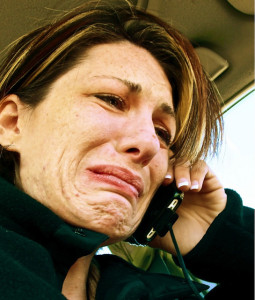 Last week we talked about “physical self-care” and the importance of caring for the temple of God – your body. This week, I would like to focus your attention on your “emotional self-care.”
Last week we talked about “physical self-care” and the importance of caring for the temple of God – your body. This week, I would like to focus your attention on your “emotional self-care.”
Emotions are a fundamental part of being human. Anger. Jealousy. Joy. Sadness. Grief. Contentment. Love. All of these help you respond and interact with life and living. They impact how you think and behave.
To understand and appreciate the importance of emotional self-care, you need to think about what life is like when you neglect your emotional health.
Emotional self-neglect will often result in you being held captive by your emotions.
Choice – Don’t Give It Away
by
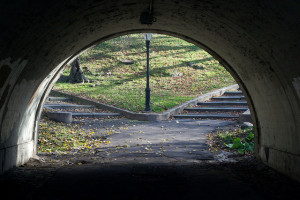 “Forces beyond your control can take away everything you possess except one thing, your freedom to choose how you will respond to the situation.” – Viktor E. Frankl
“Forces beyond your control can take away everything you possess except one thing, your freedom to choose how you will respond to the situation.” – Viktor E. Frankl
How do you respond when life treats you unfairly? What do you do when you are hurt by someone you love and trust? How do you respond when things are done to you by powers beyond your control? We all have stories of pain and disappointment. The question is how do you allow your story (or stories) of pain and disappointment to affect and shape your life?
Becoming a Wounded Healer: How to Move from Stumbling Block to Stepping Stone
by
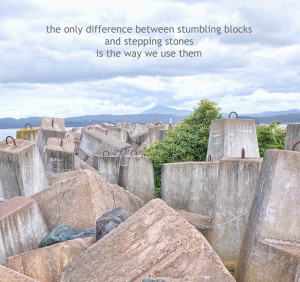 We all have been wounded. Last week I blogged on the topic, “From Stumbling Block to Stepping Stone.” We must face and deal with our wounds in order to be freed from the shame, embarrassment, and dysfunction of them. Only then is it possible to become wounded healers as we use our journey of healing to help others.
We all have been wounded. Last week I blogged on the topic, “From Stumbling Block to Stepping Stone.” We must face and deal with our wounds in order to be freed from the shame, embarrassment, and dysfunction of them. Only then is it possible to become wounded healers as we use our journey of healing to help others.
Today I want to focus on the process of facing our woundedness so we can experience the healing we need to become wounded healers.
Each of us is different in our emotional, mental and psychological make-up and those differences affect how we go about the healing process. Our wounds, even if similar, impact us in different ways.
Let Your Words Give Life
by
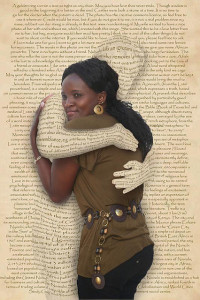 I grew up hearing the saying, “Sticks and stones may break my bones but words could never hurt me.” As I grew to adulthood and became honest with my pain in life, I had to admit that words do hurt. Words can hurt so deeply that recovery time is often much longer than the time needed for a broken bone to heal. For some of us, healing has taken most of our lives while others struggle to embrace the healing because they have been hurt so deeply.
I grew up hearing the saying, “Sticks and stones may break my bones but words could never hurt me.” As I grew to adulthood and became honest with my pain in life, I had to admit that words do hurt. Words can hurt so deeply that recovery time is often much longer than the time needed for a broken bone to heal. For some of us, healing has taken most of our lives while others struggle to embrace the healing because they have been hurt so deeply.
On the other hand, words can build us up to believe in ourselves. We grow to be confident, hopeful and caring because of words spoken to us. Such words may continue to inspire us long after they are spoken. Think about the words you heard while growing up that inspired you to be the person you are today. The people who spoke those words are easy to recall.
Recycling Your Pain
by
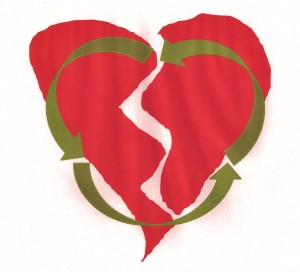 In the city where I live, as in many cities in the U.S., recycling is a routine way of handling the millions of tons of trash produced daily. But did you know we have a God who loves recycling?
In the city where I live, as in many cities in the U.S., recycling is a routine way of handling the millions of tons of trash produced daily. But did you know we have a God who loves recycling?
“God is in the recycling business; He recycles our pain,” said the leader of our Celebrate Recovery recently.
That statement is not new or original with this leader. It has been used in lessons for Celebrate Recovery and other recovery programs for years.
As I heard the statement this time, I saw parallels between the process I go through in order for the city to recycle my garbage and how God recycles pain.
Becoming a Wounded Healer
by
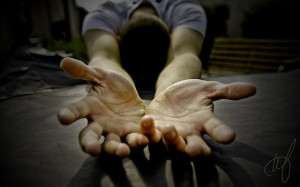 While in graduate school in the mid ‘80s I read Henri Nouwen’s book, The Wounded Healer. That book changed my life. At the time I was walking around with wounds I had experienced physically, emotionally, verbally, mentally, and spiritually. I was ashamed of these wounds and did not know what to do with them. After reading the book I began the journey of becoming a wounded healer.
While in graduate school in the mid ‘80s I read Henri Nouwen’s book, The Wounded Healer. That book changed my life. At the time I was walking around with wounds I had experienced physically, emotionally, verbally, mentally, and spiritually. I was ashamed of these wounds and did not know what to do with them. After reading the book I began the journey of becoming a wounded healer.
In another book, Bread for Journey, Nouwen states:
Nobody escapes being wounded. We all are wounded people, whether physically, emotionally, mentally, or spiritually. The main question is not “How can we hide our wounds?” so we don’t have to be embarrassed, but “How can we put our woundedness in the service of others?” When our wounds cease to be a source of shame, and become a source of healing, we have become wounded healers.
We have all been wounded in some way. The question is, as Nouwen puts it, “not how can we hide
